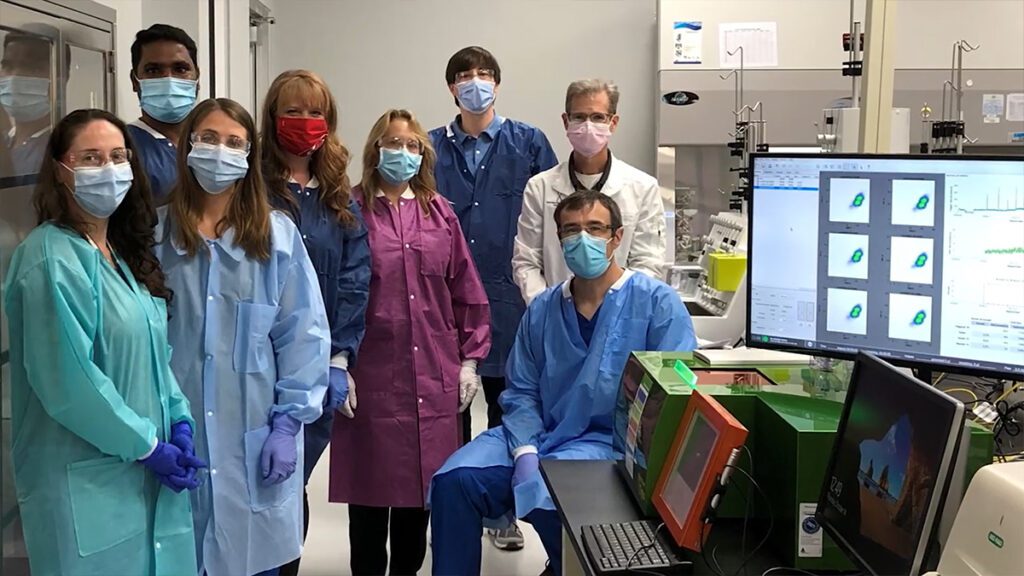Creative individuals are spearheading imaginative approaches as biotech battles cancer, the leading cause of death worldwide.
Profiles of leaders from a cancer institute and small biotech firms provide inspiring and interesting insight into the latest science in three recent videos produced as part of the I am BIO video series put out by the Biotechnology Innovation Organization (BIO).
Monoclonal antibodies
The new monoclonal antibody combination therapies are explained by Brent Dixon, Chief Technology Officer at Carolina BioOncology Institute. He says these new treatments are an advance over the current standard treatment of chemotherapeutic drugs, and they have had a positive impact on survival rates. “We really want to take that to the next generation,” says Dixon.
He describes the problem and the solution as coming from our own bodies.
“Cancer cells are the body’s own cells with some sort of mutation going on in them so they tend to overgrow the normal cells, and of course we want to eliminate those from the body,” says Dixon. “We want to use the patient’s own immune cells, reinvigorate them, or re-energize them, and reintroduce them back to the same patient to kill the cancer cells in that individual. By leveraging biotechnology and the investments in both science and engineering, we’re hoping and working towards developing better diagnostics and therapeutics for cancer.”
Hacking cell communication
Cancer is deeply personal for Erick Gamelin, CEO & Chief Medical Officer at Acrivon Therapeutics, who has treated cancer patients for 20 years. He has had cancer himself, and so has his sister, and his mother died from the disease.
He said his own “eureka” moment came when he was learning about how cells communicate. “In fact, they use UPS, USPS, or FedEx—it’s the same concept. They produce tiny pockets, tiny vesicles. We call them nano vesicles, but these pockets are full of messages and they can go everywhere and bring the message to the sister cells.”
Gamelin explains that the message sent to the cells can be used to fight cancer cells.
“The answer is hacking cell communication – we are hackers. We can use these pockets and load them with false messages, death messages so that when the messages go to the cancer, it induces cancer cell death,” says Gamelin.
Boosting the immune system
Immunity is the key to fighting cancer, according to Hans Keirstead, chairman of Immunis and an internationally renowned stem cell expert. He says that from a young age, he had a curious mind, and biology was the subject that really gripped him. According to Keirstead, every cancer patient has a necessary precondition of a declining immune response.
“Immunosenescence just describes the fact that your immune system declines steadily. So the idea with Immunis is to receive injections to keep your immune system strong, young, healthy, and regenerative,” he says.
In one of Immunis’s current clinical trials, their drug product is designed to stop muscle from shrinking and atrophying in patients with knee osteoarthritis. “It is extraordinary that all of these immune-mediated manifestations of aging are being affected. The potential of this is just so tremendous and there’s just nothing like it.”




